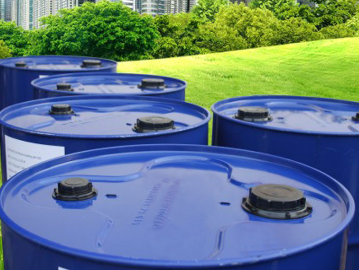
Silicone rubber is a versatile material known for its unique properties such as high temperature resistance, excellent elasticity, and durability. It is used in various industries such as automotive, medical, electronics, and construction. In this article, we will break down the manufacture of silicone rubber and its applications in different industries.
Manufacturing Process:
The manufacturing of silicone rubber starts with the synthesis of silicone polymers. The most common method used for producing silicone polymers is called the hydrosilylation reaction, where the silicon-oxygen bond is reacted with silicon-hydrogen bond to form a silicone polymer. This reaction is typically catalyzed by platinum compounds.
After the synthesis of silicone polymers, various additives such as fillers, reinforcing agents, pigments, and plasticizers are added to improve the properties of the silicone rubber. These additives help in enhancing the strength, flexibility, and color of the final product.
Once the additives are mixed with the silicone polymer, the mixture is then processed through various methods such as extrusion, compression molding, or injection molding to form the desired shape of the silicone rubber product. The product is then cured at high temperatures to crosslink the polymer chains and enhance its mechanical properties.
Applications in Different Industries:
1. Automotive Industry: Silicone rubber is widely used in the automotive industry for gaskets, seals, and hoses due to its high temperature resistance and excellent sealing properties. It is also used in wire and cable insulation, engine components, and automotive lighting applications.
2. Medical Industry: Silicone rubber is preferred in the medical industry for its biocompatibility, sterilizability, and chemical resistance. It is used in medical devices such as catheters, tubing, seals, and implants.
3. Electronics Industry: Silicone rubber is used in the electronics industry for its electrical insulation properties. It is used in keypads, connectors, gaskets, and seals to provide protection against moisture, dust, and chemicals.
4. Construction Industry: Silicone rubber is used in the construction industry for weatherproofing, sealing, and bonding applications. It is used in sealants, adhesives, coatings, and gaskets to provide protection against water, UV rays, and extreme temperatures.
In conclusion, silicone rubber is a versatile material that finds applications in various industries due to its unique properties and excellent performance. The manufacturing process of silicone rubber involves the synthesis of silicone polymers, addition of additives, and processing through various methods to produce the final product. With its wide range of applications, silicone rubber continues to be a valuable material in different industries.